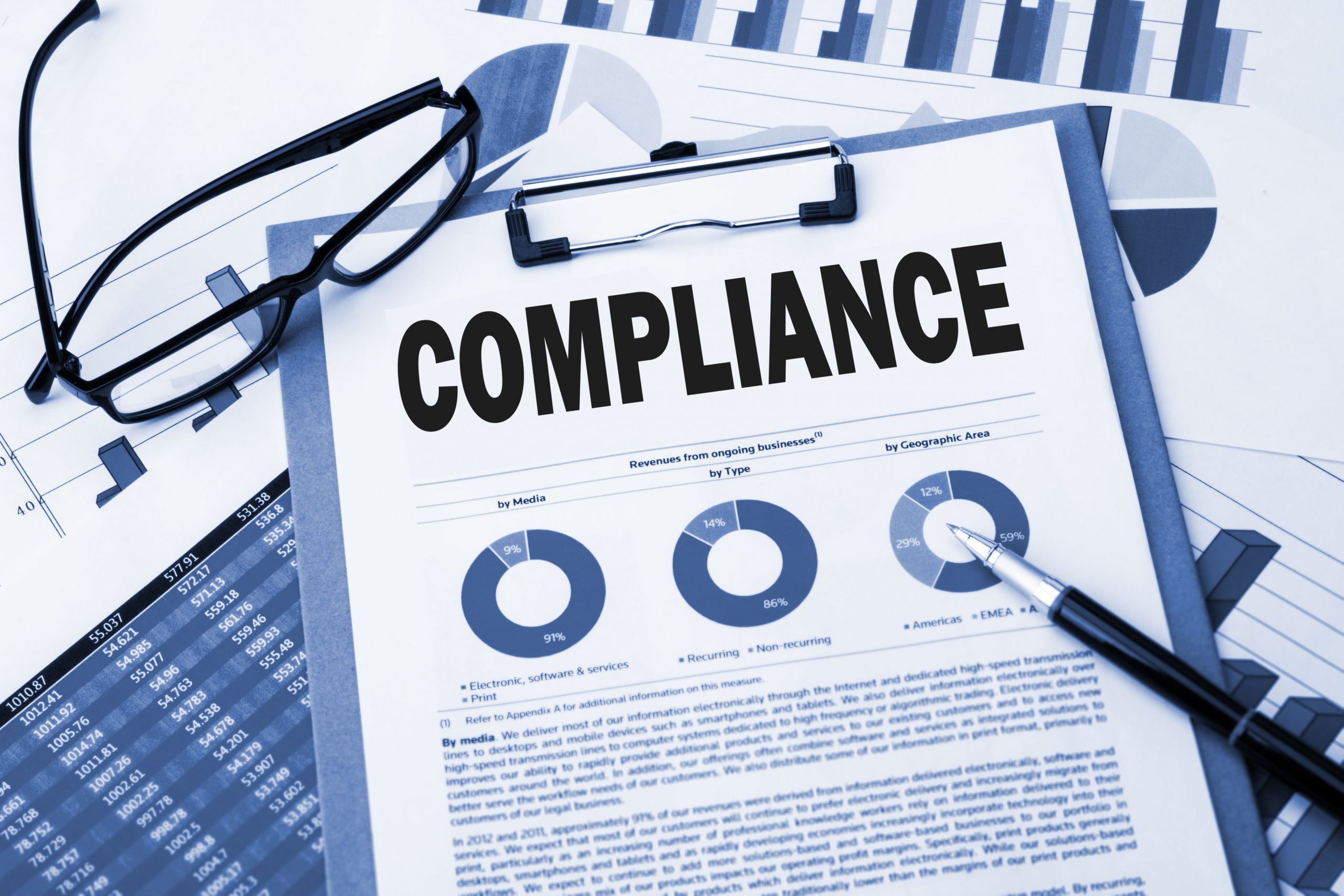E-Verify is available in all 50 states, the District of Columbia, Puerto Rico, Guam, the U.S. Virgin Islands, and the Commonwealth of the Northern Mariana Islands. However, it is not required in all states. Many states have passed their own laws mandating E-Verify in certain circumstances.
In Florida, there are new requirements under a state law effective January 1, 2021. E-Verify is now mandatory in Florida for government employers and contractors, along with certain private employers. Private employers who do not wish to use E-Verify must maintain, for at least three years, copies of documents their employees provided to fulfill the requirements of the Form I-9 Employment Eligibility Verification process.
Employers making such choices should remember that when they enroll in E-Verify, they are making a contractual commitment, take into account the internal costs involved—such as for set-up, training, security, and administration—even though no fee is charged for the E-Verify process.
The top industries nationwide using E-Verify as of December 31, 2020, include other (52.5%), professional, scientific, and technical services (19%), food services and drinking places (10.7%), administrative and support services (6.5%), specialty trade contractors (6%), and social assistance (5.3%). As of December 3, 2020, more than 967,000 U.S. employers of all sizes were enrolled. On average, 1,500 businesses sign up each week.
Below is a summary of where things stand at the federal level, followed by updates in selected states.
Background
As most employers know, E-Verify is a voluntary federal program that allows enrolled employers to confirm the eligibility of their employees to work in the United States. The system allows employers to verify their new employees’ identity and work authorization by electronically matching information provided by the employee on the I-9 form, with records available to the Social Security Administration and the Department of Homeland Security.
Although E-Verify is voluntary, employers with certain federal contracts or subcontracts must enroll as a condition of federal contracting, along with their contractors. As noted above, some states also mandate E-Verify enrollment (for example, as a condition for government contracts and business licensing), and some employers participate in E-Verify as a result of a legal ruling.
Sampling of State Requirements
Below is a table listing a sampling of states’ E-Verify requirements. Note that state-by-state requirements frequently change and thus the information below should be verified as current before relying on it.
| E-Verify Requirements | State | Examples of Penalties for Noncompliance (penalties vary by state) |
| Required for all or most employers | Alabama, Arizona, Georgia, Mississippi, North Carolina, South Carolina, Tennessee, Utah | Cancellation of state contracts, grants, or incentives; suspension or revocation of business license; debarment from state contracts, civil penalties |
| Required for public employers only | Idaho, Virginia | Cancellation of state contracts, denial of future contracts, monetary penalties |
| Required for public employers and/or state contractors | Florida, Indiana, Missouri, Nebraska, Oklahoma, Pennsylvania, Texas | Denial of future contracts, debarment from public work for a period, penalty fine |
| Required by local municipalities | Michigan, New York, Oregon, Washington | Ineligibility for contracts |
| Required for state contractors | Colorado, Louisiana, Minnesota | Termination of work, bar from future bidding or contract work for a period |
| Required for federal contractors and subcontractors with qualifying contracts that include the Federal Acquisition Regulation E-Verify clause | All states | Denial or loss of federal contracts |
Contact your WR attorney for advice and help in specific situations.
More Info:
- “E-Verify Laws at City, County, and State Levels,” Mitratech, https://mitratech.com/products/tracker-i-9-compliance/e-verify-laws-by-state/
- “In 2021, More States and More Mandates for E-Verify,” Jan. 21, 2021, https://www.jdsupra.com/legalnews/in-2021-more-states-and-more-mandates-2561566/
- “E-Verify States Map,” LawLogix, https://www.lawlogix.com/e-verify-map/
- “What’s New,” E-Verify, https://www.e-verify.gov/about-e-verify/whats-new
- Employers, E-Verify, https://www.e-verify.gov/employers
- E-Verify Total Enrolled MOUs by State as of December 31, 2020, https://www.e-verify.gov/about-e-verify/e-verify-data/e-verify-usage-statistics
What Is E-Verify? https://www.e-verify.gov/about-e-verify/what-is-e-verify#:~:text=Today%2C%20E%2DVerify%3A,than%202.4%20million%20hiring%20sites


